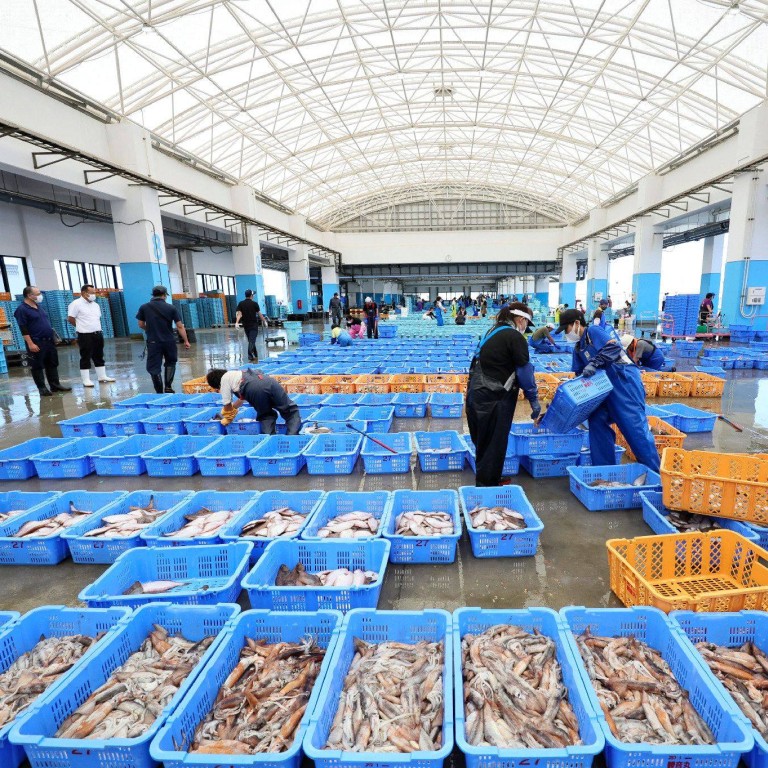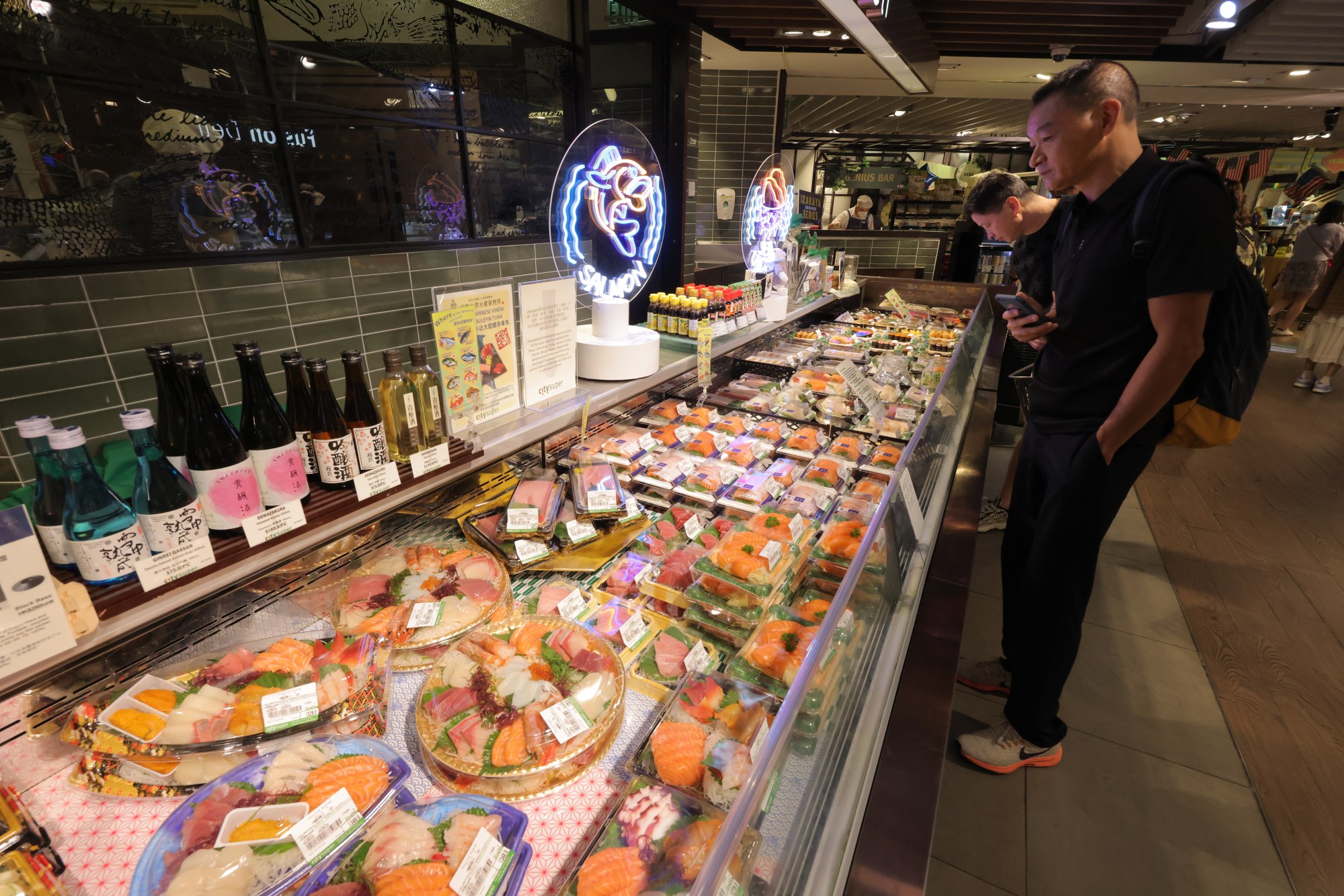
Hong Kong action against Japan seafood must persist
- The city is only right to maintain its import ban against fishery products from 10 prefectures as latest phase of releasing Fukushima treated nuclear waste water begins
Erring on the side of caution is always wise when it comes to protecting public health. Japan’s move to release more treated nuclear waste water into the Pacific Ocean, starting on Thursday, means the Hong Kong government has no choice but to maintain its targeted ban on seafood imports from the country.
While the latest response has dashed hopes of a reprieve for affected businesses any time soon, it is a step that must be taken.
The need for the city to remain vigilant was made clear by the environment chief ahead of the second round of discharges as part of Japan’s plan to decommission the crippled Fukushima nuclear plant. Reiterating opposition against the move, Secretary for Environment and Ecology Tse Chin-wan said the ban was aimed at protecting food and public safety.
“If Japan does not stop the discharge, or find a better way to ensure public safety, I don’t see any possibility of easing [the arrangements] in the short run,” Tse said.

Tokyo is adamant that the environmental impact of the treated water is negligible. Test results by Japan during the first round of discharges seemed to support such a claim.
But mainland China and its two special administrative regions, Hong Kong and Macau, remain unconvinced. Since late August, seafood imports from 10 Japanese prefectures have been banned by Hong Kong; while those from the rest of the country are subject to stringent safety tests.
Restrictions imposed by mainland China and Macau are even wider.
Compared to the relatively mild response from other neighbours in the region, such a cautious approach may appear overblown to some. But given the city is Japan’s second-largest market for fishery products, the potential impact on public health cannot be ignored.
No room to ease Hong Kong’s ban on Japanese seafood, environment chief says
The prolonging of the ban means affected restaurants and shops will have to continue to adapt and source their food from other locations. Thanks to the government move and tight screening, imported Japanese food is generally safe to eat.
So far, the current mechanism has detected no irregularities.
Officials must monitor the situation continuously and check whether the import restrictions need adjustments. Under no circumstances should public health be compromised.

